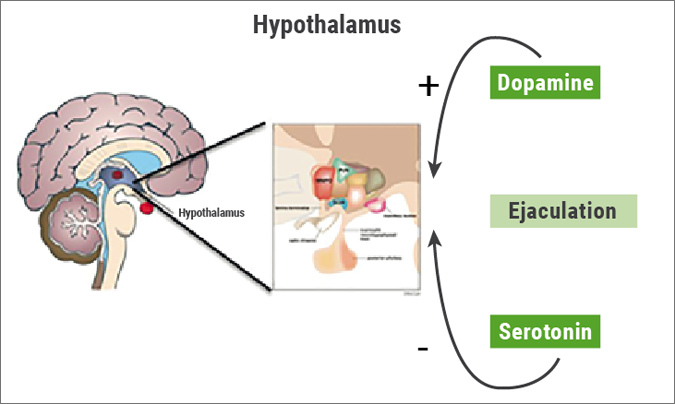https://doi.org/10.55788/b0aa16ec
“Bardoxolone methyl is an activator of NRF2 [nuclear factor erythroid-2-related factor 2] and has been shown to continuously increase eGFR calculated by serum creatinine in previous trials, in patients with DKD,” said Dr Tadao Akizawa (Showa University School of Medicine, Japan) [1]. While the phase 2 TSUBAKI trial (NCT02316821) indeed showed increased eGFR, the phase 3 BEACON trial (NCT01351675) was terminated early because of severe cardiac events [2,3].
The current AYAME study was a phase 3, double-blind, placebo-controlled trial that again assessed bardoxolone methyl for DKD. Participants were randomised 1:1 to bardoxolone methyl (n=507) or placebo (n=506). The primary endpoint was time to onset of a ≥30% decline in eGFR from baseline or progression to end-stage kidney disease (ESKD). The key secondary endpoint was time to onset of a ≥40% decline in eGFR or progression to ESKD.
The primary endpoint was met: fewer participants receiving bardoxolone methyl reached a 30% decrease in eGFR or ESKD compared with placebo, and this was statistically significant (30.2% vs 45.3%; HR 0.56; 95% CI 0.45–0.69; P<0.0001). The secondary endpoint was also met: compared with 34.0% of the placebo arm, only 24.1% of bardoxolone methyl-treated participants had either >40% decrease in eGFR or ESKD (HR 0.69; 95% CI 0.55–0.87; P=0.0018).
Severe adverse effects were similar between the bardoxolone methyl and placebo-treated groups. Importantly, no increase was observed in the incidence of cardiac events in the bardoxolone methyl treatment group.
- Akizawa T, et al. AYAME Study: Randomized, Double-Blind, Placebo-Controlled Phase 3 Study of Bardoxolone Methyl in Diabetic Kidney Disease (DKD) Patients. FR-OR110, ASN Kidney Week 2023, 2–5 November, Philadelphia, PA, USA.
- Nangaku M, et al. Kidney Int Rep. 2020;5(6):879-890.
- de Zeeuw D, et al. N Engl J Med 2013;369(26):2492-503.
Copyright ©️2023 Medicom Medical Publishers
Posted on
Previous Article
« New approaches to successful vascular access Next Article
Spironolactone failed to reduce major adverse cardiac effects in patients with CKD on haemodialysis »
« New approaches to successful vascular access Next Article
Spironolactone failed to reduce major adverse cardiac effects in patients with CKD on haemodialysis »
Table of Contents: ASN 2023
Featured articles
Patient care technicians improve haemodialysis patient outcomes
Sparsentan outperforms irbesartan for treatment of IgAN
Chronic Kidney Disease
Aldosterone synthase inhibition reduces albuminuria in CKD
Low doses of zibotentan with dapagliflozin improve albuminuria in patients with CKD
Spironolactone failed to reduce major adverse cardiac effects in patients with CKD on haemodialysis
Efficacy of bardoxolone methyl for DKD, without increased cardiac risk
Renal Replacement Therapy
New approaches to successful vascular access
Patient care technicians improve haemodialysis patient outcomes
Donor stem cells may reduce lifelong immunosuppressant use following transplant surgery
A systems approach to kidney transplantation disappoints
Glomerular Disease
Obinutuzumab attenuates kidney decline in lupus nephritis
Clinical benefits of sparsentan for patients with FSGS
Sparsentan outperforms irbesartan for treatment of IgAN
Rare or Genetic Kidney Disease
Small molecule PGE1 shows promise for nephronophthisis treatment in vitro and in vivo
Related Articles

May 21, 2019
Male infertility/Premature ejaculation
© 2024 Medicom Medical Publishers. All rights reserved. Terms and Conditions | Privacy Policy

